What is an Industrial Hose?
In this comprehensive article, we delve into the world of industrial hoses to provide you with all the necessary information and insights you need. At SANYEFLEX, we take pride in being the industry leader in manufacturing and supplying top-quality industrial hoses that cater to various sectors and applications. From oil and gas to manufacturing and agriculture, our industrial hoses are engineered to meet the highest standards of performance and reliability.
Understanding Industrial Hoses
Industrial hoses are critical components used in various industries to transfer fluids, gases, and materials from one point to another. These hoses are versatile, flexible, and designed to withstand a wide range of temperatures, pressures, and environmental conditions. They are essential for seamless operations in industrial settings, ensuring the safe and efficient transfer of substances.
Types of Industrial Hoses
PVC Hoses: Polyvinyl chloride (PVC) hoses are lightweight, economical, and resistant to abrasion and corrosion. They are commonly used for water and air applications in industries such as agriculture, construction, and irrigation.
Rubber Hoses: Rubber hoses are highly durable and can handle a variety of materials such as oil, chemicals, and acids. They find applications in the automotive, manufacturing, and mining industries.
Composite Hoses: Composite hoses combine different materials to offer superior performance. They are suitable for handling aggressive chemicals, petroleum products, and liquid gases.
Stainless Steel Hoses: Stainless steel hoses are ideal for high-pressure and high-temperature applications. They are widely used in the food and beverage industry, pharmaceuticals, and petrochemicals.
Silicone Hoses: Silicone hoses are known for their flexibility and heat resistance. They are used in industries like aerospace, electronics, and medical equipment.
Factors to Consider When Choosing an Industrial Hose
Selecting the right industrial hose is crucial to ensure optimal performance, longevity, and safety in your operations. Here are some essential factors to consider:
1. Material Compatibility
Ensure that the hose material is compatible with the substance it will be transferring. Chemical compatibility is vital to prevent damage or contamination.
2. Pressure and Temperature Ratings
Check the hose's maximum pressure and temperature ratings to ensure it can handle the specific conditions of your application.
3. Flexibility and Bend Radius
Consider the hose's flexibility and bend radius to ensure smooth flow and easy installation in your workspace.
4. End Fittings
Choose the appropriate end fittings that match your equipment and provide secure connections.
5. Hose Size and Length
Select the right hose size and length for efficient fluid or material transfer without excessive pressure drop or friction loss.
6. Environmental Factors
Account for environmental conditions such as exposure to UV radiation, ozone, or extreme weather.
Proper Handling and Maintenance of Industrial Hoses
Additional resources:
Are Dredging Floaters the Future of Fishing?
Where does Teflon sheet go on heat press?
What is comparable to UHMW?
Which is better for watch strap silicone or rubber?
Discover the Must-Have Sinco Products of 2021
What is the best thickness for horse stall mats?
Should I use a gasket or an O-ring?
To ensure the longevity and reliability of your industrial hoses, proper handling and maintenance are essential. Follow these best practices:
1. Regular Inspection
Inspect hoses for wear, tear, or damage regularly. Replace any damaged hoses immediately.
2. Avoid Sharp Bends and Twists
Avoid bending hoses sharply or twisting them, as it can lead to premature wear and hose failure.
3. Storage Conditions
Store hoses in a clean, cool, and dry environment away from direct sunlight and chemicals.
4. Proper Cleaning
Clean hoses thoroughly after each use to prevent residue buildup and potential contamination.
5. Training and Education
Train your staff on proper hose handling, installation, and safety procedures to minimize accidents and extend hose life.
Why Choose SANYEFLEX for Industrial Hoses?
At SANYEFLEX, we take immense pride in our commitment to providing the highest quality industrial hoses to meet our clients' diverse needs. Here's why you should choose us:
1. Extensive Product Range
We offer an extensive range of industrial hoses, catering to various industries and applications.
2. Quality and Durability
Our hoses are manufactured using the finest materials, ensuring exceptional quality, durability, and performance.
3. Customization Options
We understand that different applications require specific solutions. Our team can tailor hoses to meet your unique requirements.
4. Expert Technical Support
Our team of experts is always available to provide technical support and guidance, ensuring you get the right hose for your application.
5. Industry Experience
With years of experience, we have gained valuable insights into industrial hose applications, enabling us to deliver top-notch products.
Conclusion
Industrial hoses are indispensable components in various industries, ensuring the smooth and safe transfer of fluids, gases, and materials. When choosing the right industrial hose for your needs, consider factors like material compatibility, pressure and temperature ratings, flexibility, and end fittings. Proper handling and maintenance are equally crucial to prolong hose life and prevent accidents.
At SANYEFLEX, we are dedicated to offering the finest industrial hoses, backed by technical expertise and exceptional customer service. Choose us for your industrial hose needs and experience seamless operations and enhanced productivity. We are an industrial hose supplier. If you are interested in our products, please contact us now!
What are the top 5 tips for finding the best HDPE dredge pipe price in the purchase stage?
What are the benefits of corrugated tubing?
How to choose the best neoprene rubber bellows?
The Lowdown on HDPE Pipe Prices in Kenya
What is the international standard of a hydraulic hose?
Top 10 Plastic Engineering Products for Sustainable Living
Is PVC Polyethylene Toxic? Understanding the Differences
Related Articles

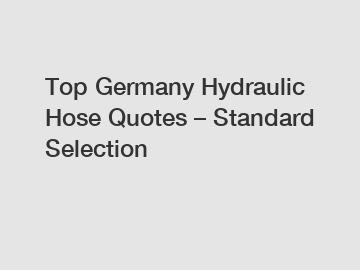

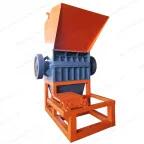
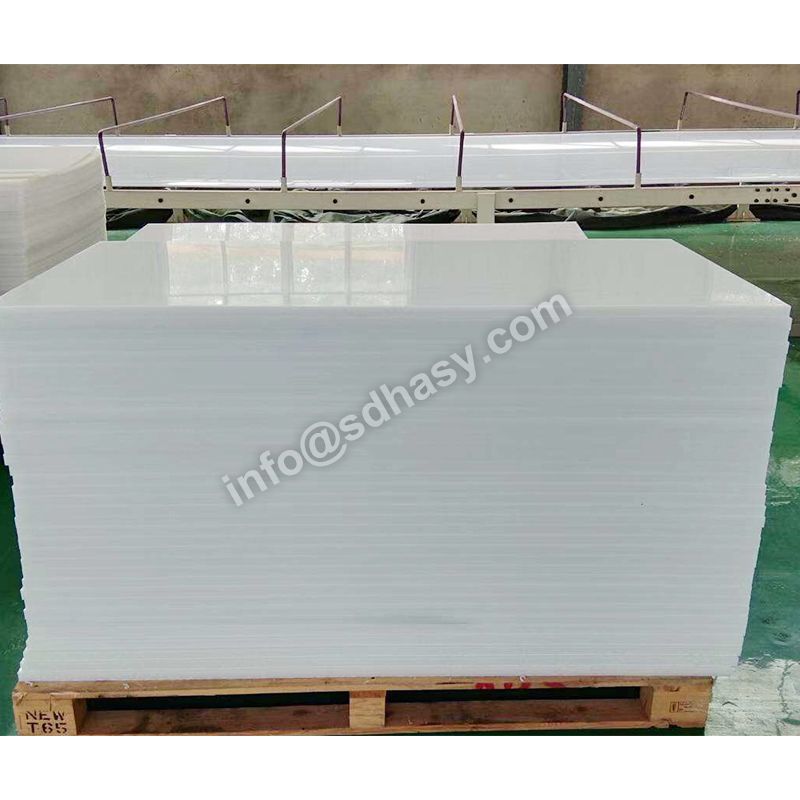
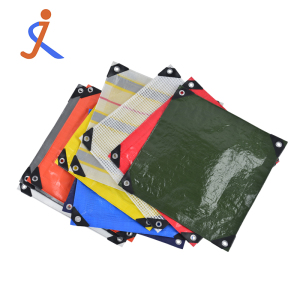
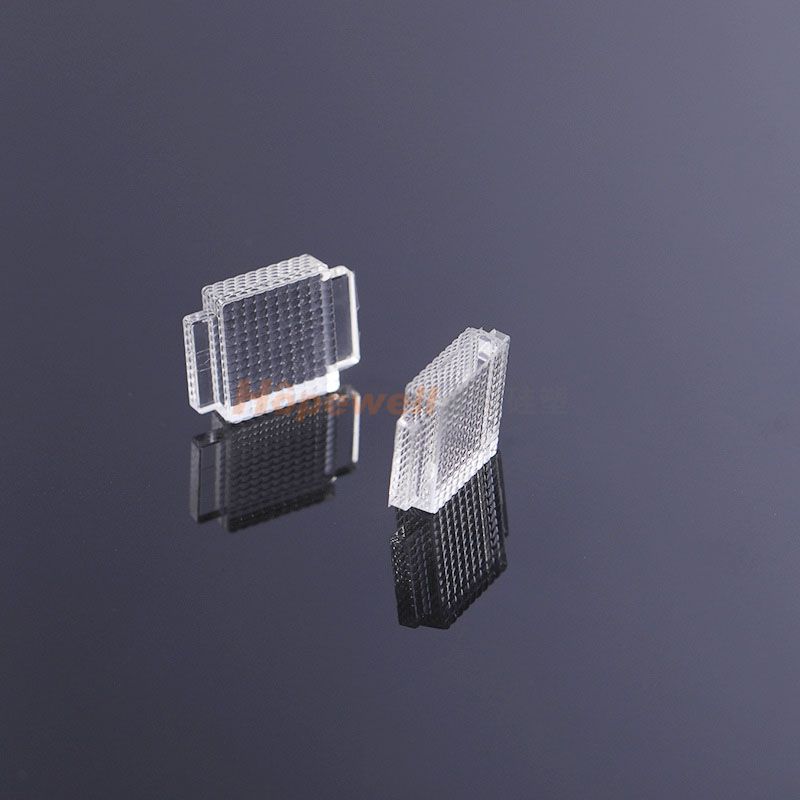
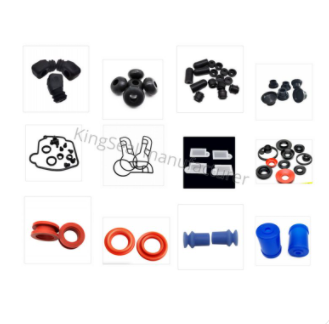
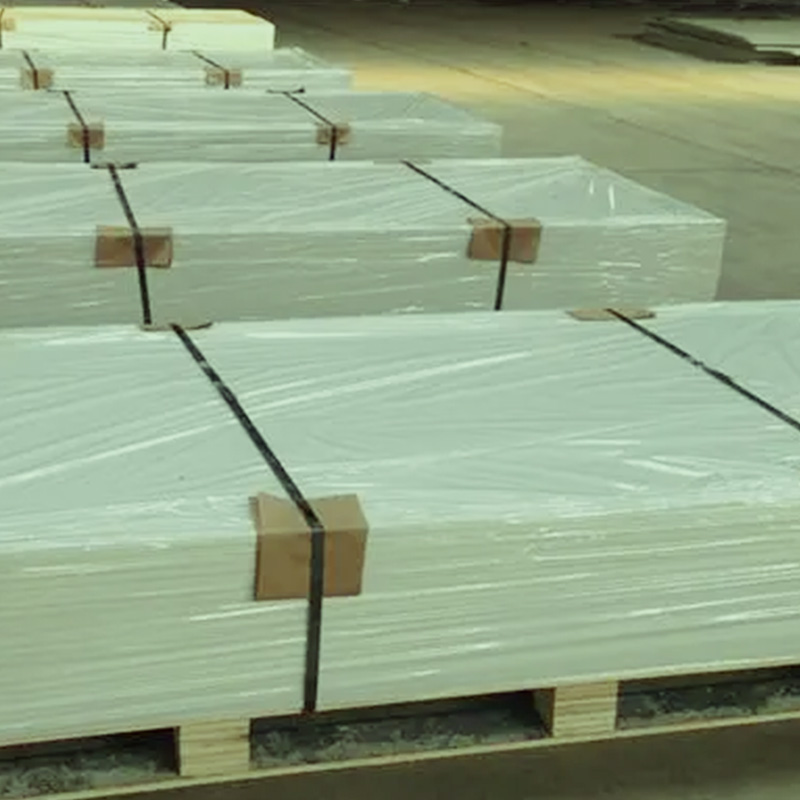
Comments